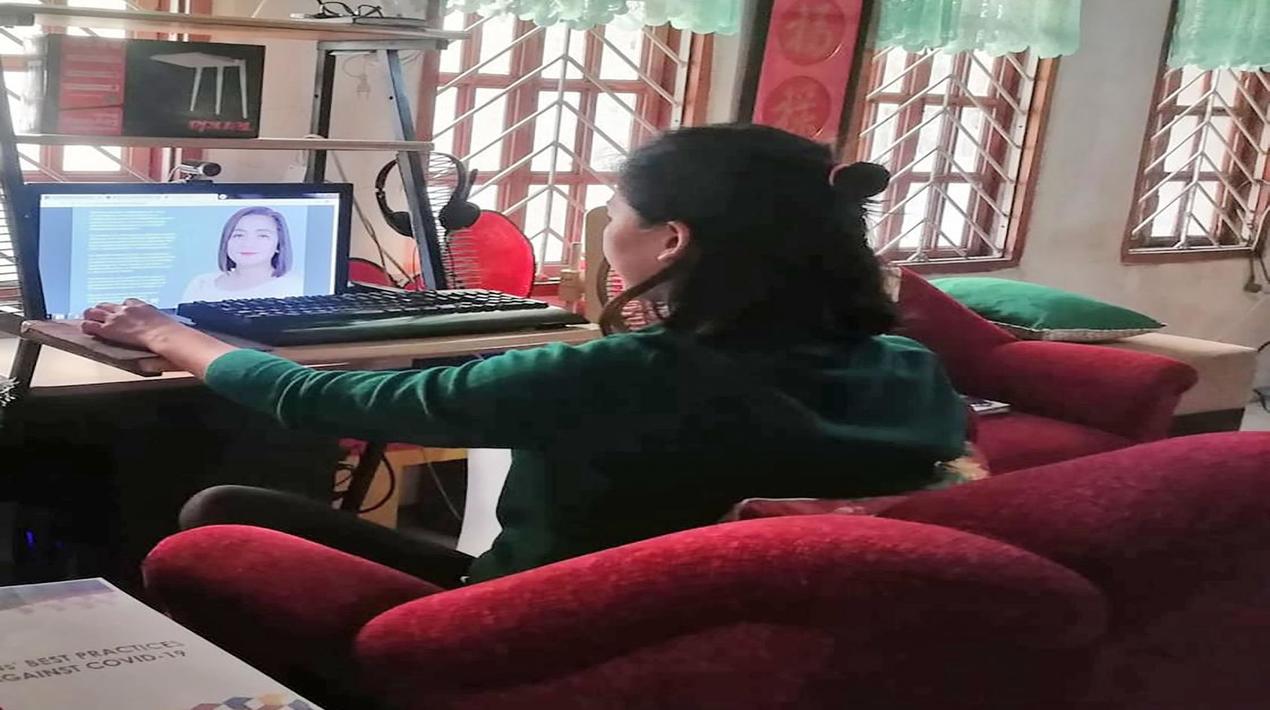
With the COVID-19 pandemic still making its rounds in the country, companies believe that a ‘hybrid’ workplace will be the new normal for Philippine companies, as the global crisis continues. This hybrid arrangement – where employees are expected to spend time working from home and time working in the office – is just one of the trends that companies should brace for using technology considering the massive changes that the pandemic has brought.
A tech firm’s technology lead executive for data and AI in the Philippines said while geopolitical news and trends dominated 2019, the year 2020 brought in COVID-19 which basically “changed everything” on a truly global scale. A hybrid workplace means most people will not be working at home permanently but at the same time, not everybody will be in the office. He reiterated that there is no going back to the old ways where people are expected to spend their whole time at the office.
Companies would then need to find the right balance. A hybrid workplace also means work will no longer be location and time-dependent. Organisations will be forced to adapt or be left behind. COVID-19 has been likened to a “fast-forward” switch that has compelled global companies to radically change. Technology, now more than ever, will be at the forefront of the changes. Unlike before where technology played a mostly supporting role for businesses, it is now “the star” of the show and without it, companies cannot do business.
Before the pandemic, companies who were aggressive with their technology rollouts outpaced technology laggards by twice over. During the pandemic, the trend has significantly changed, and these tech leaders now outpace their lagging counterparts by five times. From small to medium-sized enterprises or SMEs to larger enterprises, the first step to adapt is to get started. This is relevant for the Philippines where more than 90% of companies are small-mid size businesses (SMBs). The key is to choose the right technology for a company’s specific needs. Starting small and leveraging technology to the organisation’s advantage is essential when creating a plan as there is no one-size-fits-all solution.
A tech giant released a study, which revealed companies that invest in technology such as the ones needed for “hybrid” workplaces, grow more than twice in revenue compared to slow-adopting competitors. As the company’s largest enterprise IT survey, the study covered both the pre-existing and emerging technologies that include Artificial Intelligence (AI), blockchain, and even Extended Reality. The study says that the world’s leading companies are investing in boundaryless, adaptable, and radically human systems to maximise innovation, business performance, and value. While there is no fixed endpoint in the race to success, these attributes yield competitive advantages and help close the innovation achievement gap.
As reported earlier by OpenGov Asia, the country’s Bureau of Work Conditions (BWC) spearheaded the information drive on various styles of flexible working arrangements that could be beneficial to employers and employees. This was essential as most working-class citizens have been eagerly awaiting notice of changes or announcements coming from the authoritative body.
It is the responsibility of employers to promote work-life balance, especially in these trying times through proper scheduling of activities and a justifiable rotation of the workforce. Safety officers are key in this aspect. The officers must cater to expectations of a safe workplace and ensure that the spaces are compliant with the Occupational Safety and Health Law that has a special focus on physical and mental resilience. Physical and mental resilience involves employers providing psychosocial support for their workforce especially of those showing mental and health concerns. The National Centre for Mental Health Crisis aids any employees with such issues.
















